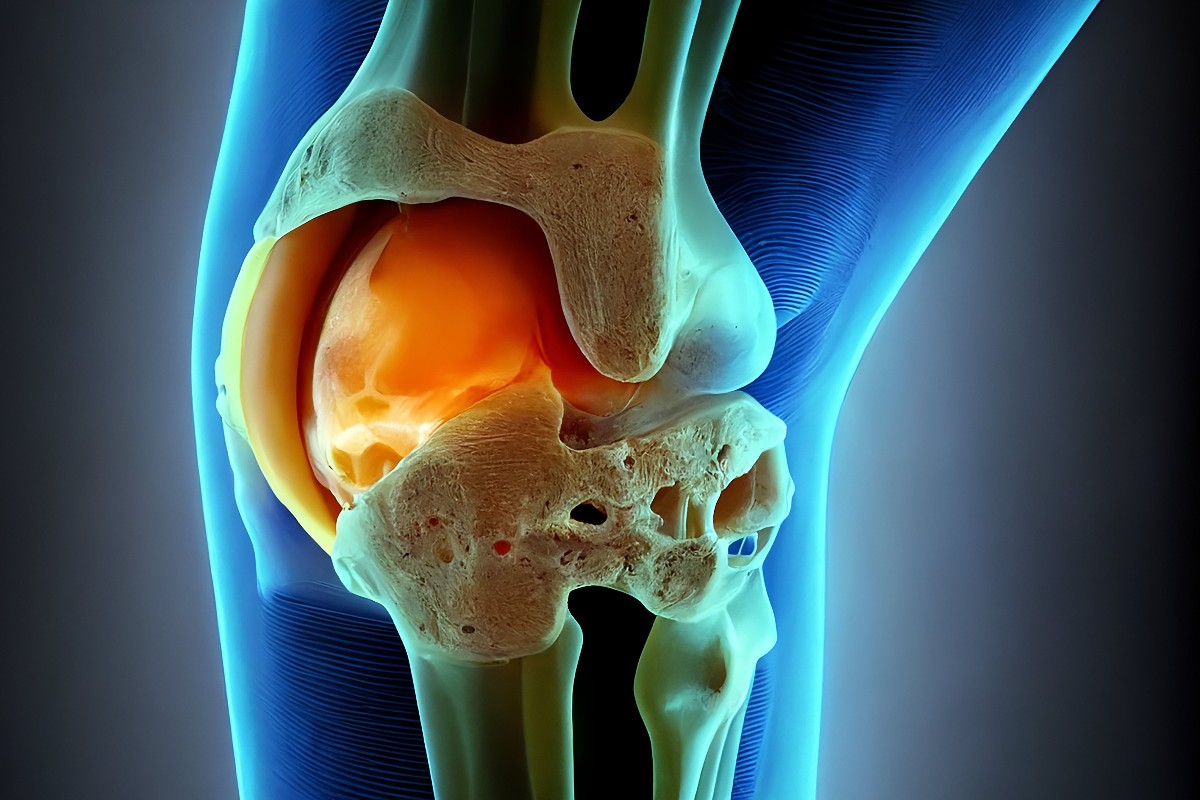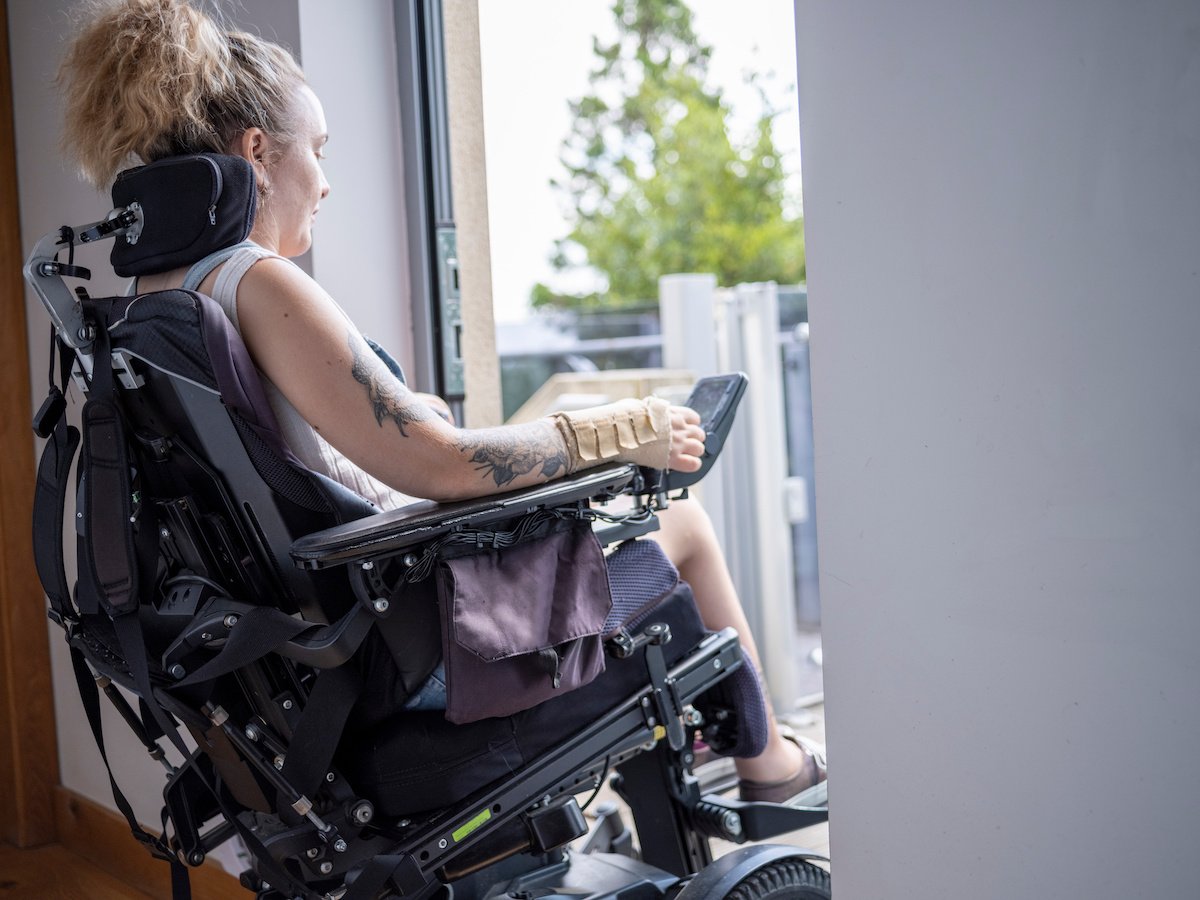
There’s a hint of good news for parents concerned about teen mental health: After 57% of U.S. teen girls surveyed in 2021 said they felt “persistent sadness,” that number declined somewhat by 2023, to 53%, new government data show. In the latest biennial poll of over 20,000 high school students nationwide, called the Youth Risk… read on > read on >















.jpeg)














